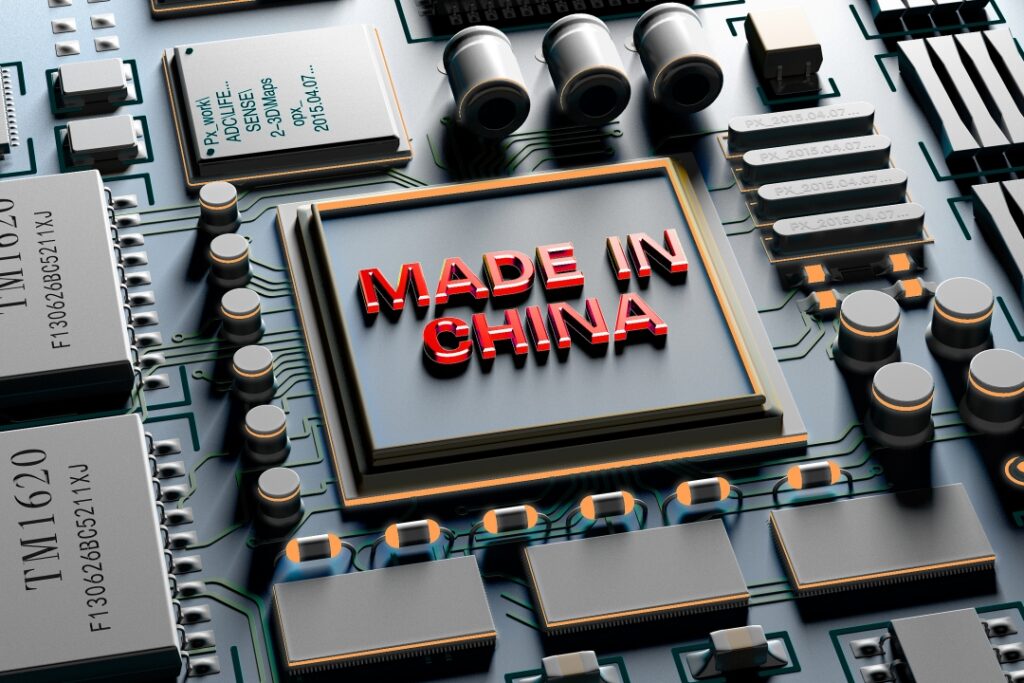- Web
- Feb 05, 2026
Washington probes China’s semiconductor strategies as trade war Intensifies
-

- Web Desk Karachi
- Dec 24, 2024

LONDON, SHANGHAI, BEIJING: The US has initiated an investigation into China’s alleged anti-competitive tactics aimed at bolstering its semiconductor industry, just weeks before President-elect Donald Trump takes office, reported FT.
The Office of the US Trade Representative (USTR) announced it would probe China’s actions, policies, and practices that target dominance in the semiconductor sector.
This investigation will fall under Section 301 of the US Trade Act, focusing initially on foundational semiconductors essential for various industries such as automotive, healthcare, infrastructure, aerospace, and defense, signifying a continuation of escalating tensions in the ongoing trade dispute over semiconductors, raising concerns about potential disruptions to global supply chains.
Possible outcomes from a Section 301 investigation could include import restrictions or increased tariffs on semiconductor shipments from China, decisions that would ultimately be made by the incoming Trump administration.
The US has accused China of employing extensive anti-competitive methods and non-market strategies—such as setting market share targets—to achieve self-sufficiency and dominance in the semiconductor sector.
In recent years, the US has primarily concentrated on high-end processors crucial for advanced artificial intelligence. However, it is now shifting its focus to legacy semiconductor manufacturing. While major manufacturers of advanced chip-making equipment, like ASML, are restricted from supplying state-of-the-art tools to Chinese companies—limiting China’s progress in AI—Chinese chipmakers continue to invest heavily in expanding their legacy semiconductor production.
Analysts predict that China may double its chip manufacturing capacity by the decade’s end, driven in part by government subsidies.
China’s commerce ministry expressed strong opposition to the Section 301 investigation, arguing it could disrupt global supply chains and adversely impact US companies and international consumers.
The ministry pointed out that US firms already dominate the global semiconductor market and have received substantial subsidies from their government.
Beijing also hinted at potential retaliatory measures, stating it would take “all necessary steps” to protect its interests.




